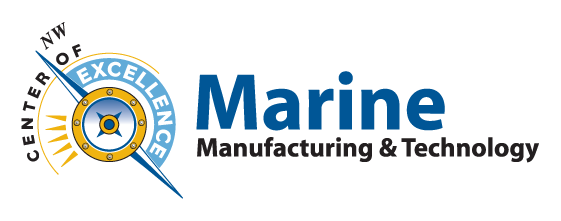Op-Ed: Fuel pathways need solid foundations
Photo credit: MarineLog
As part of our Career Connect Washington Maritime Sector ongoing work, we actively track, document, and inform about emerging technologies and trends. LNG has created a strong basis in terms of safety, emissions, availability and costs that biomethane and e-methane benefit from, says Lana Sissing, Client Manager at Titan Clean Fuels.
While there is still plenty of scope for growth, LNG is now, in many respects, a mainstream marine fuel. It has been incrementally scaled, commoditized and commercialized over decades. At Titan, we are open to any fuel pathway that can substantially decarbonize shipping, but we do recognize that shipowners following the LNG route today have a head start that should not be overlooked.
The current orderbook for LNG-fueled vessels underlines that many shipowners already appreciate this realistic route to net-zero shipping. According to DNV’s Alternative Fuels Insight (AFI) platform, 28 new alternative-fueled vessels were added to the orderbook in July, 22 of which were for LNG dual fuel ships. LNG dual-fuel vessels make up around one third of the newbuild orderbook.
Continuing the 2024 trend, LNG bunkering volumes are also growing. According to SEA-LNG, Q1 2025 volumes in Rotterdam grew by 7% compared with the same period in 2024, and Singapore reported 18% growth over the first five months of 2025 versus 2024. LNG bunkering is developing rapidly in the Western Mediterranean and China too.
Go to this link to read the full article published by MarineLog https://www.marinelog.com/views/op-eds/op-ed-fuel-pathways-need-solid-foundations/


